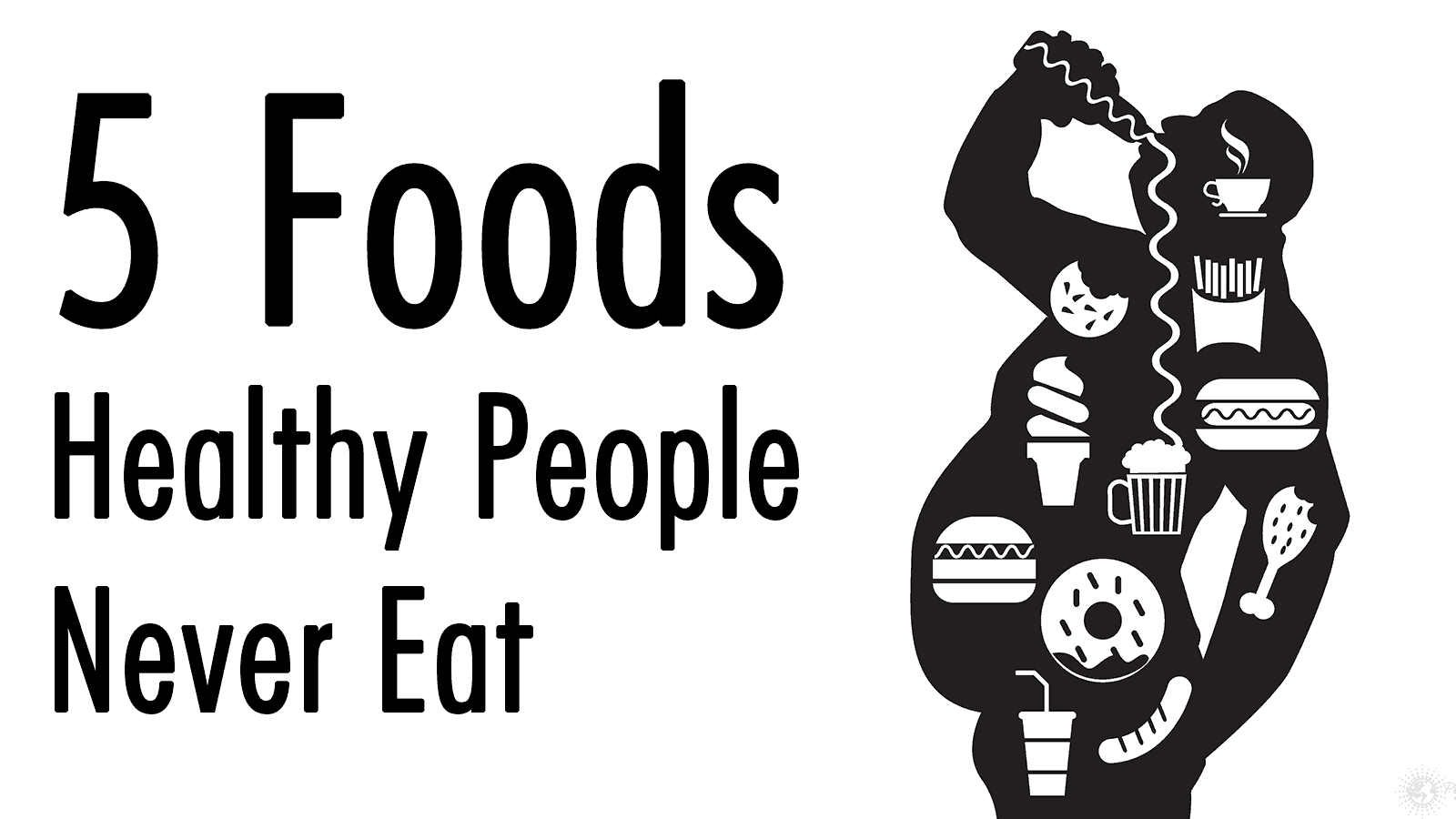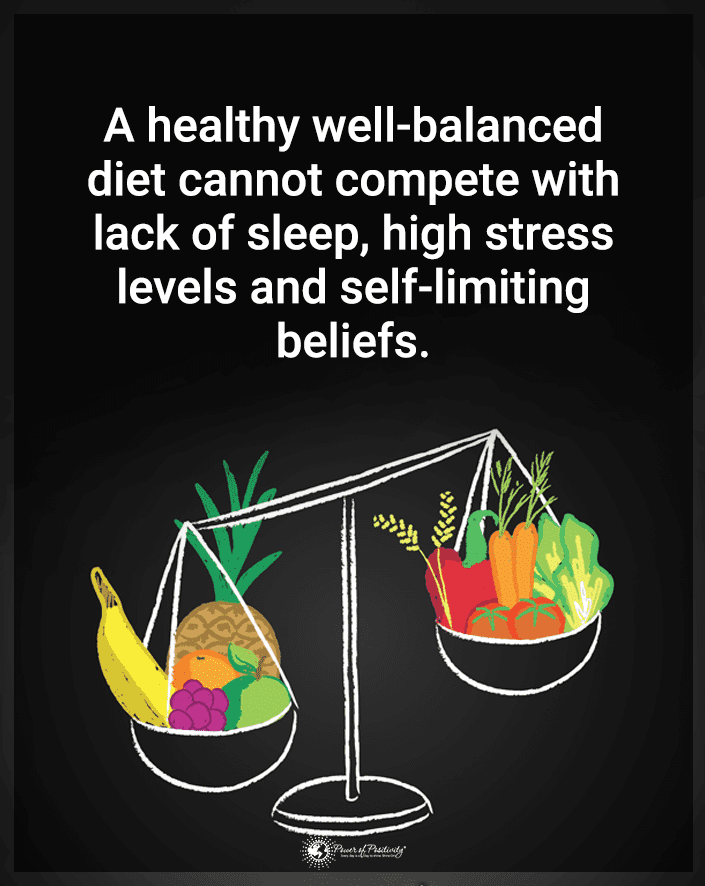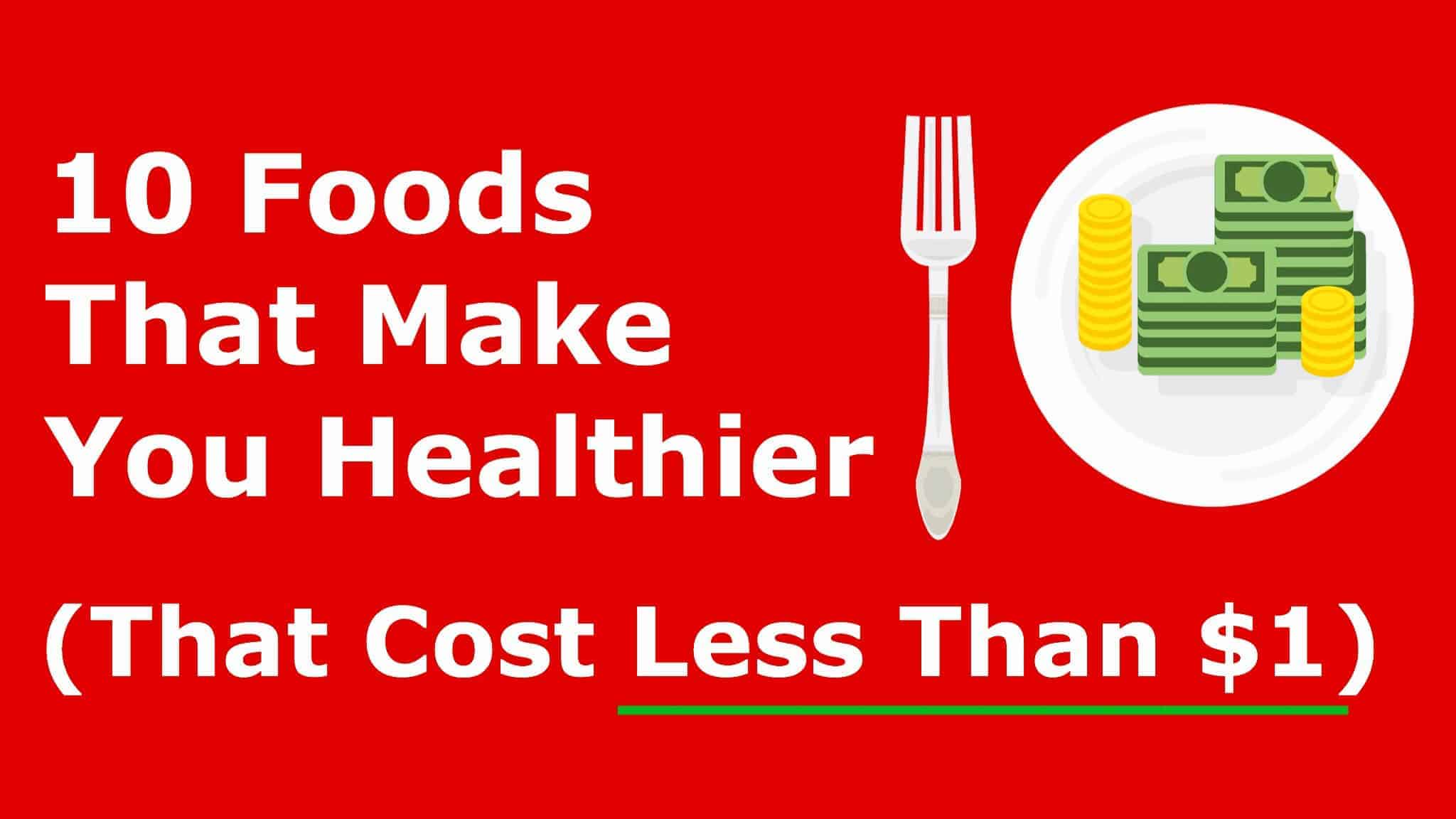There’s “processed” then there’s “ultra-processed.” Is the word “processed” bad? Not necessarily. Healthy people know the difference.
Pretty much all of the food we eat undergoes some processing. Well, unless the food happens to be plucked from the ground and eaten on the spot.
Some food processing is necessary, including freezing, pickling, sealing, or canning.
The food industry has single-handedly added a negative undertone to the words “processed foods.” Many processed (read: boxed or bagged) foods now contain chemicals such as fertilizers, herbicides, pesticides, and fungicides. Companies saturate our children’s food with artificial flavors and colorings.
Using data from more than 9,000 people who participated in a nationally representative survey, the researchers found that 57.9 percent of people’s calorie intake, on average, cam from ultra-processed foods. Minimally processed or unprocessed foods – meat, plants, eggs, pasta, milk – accounted for 29.6 percent. ~ The Atlantic
Consider “ultra-processed” foods, defined as:
Formulations of several ingredients which, besides salt, sugar, oils and fats, include food substances not used in culinary preparations, in particular, flavors, colors, sweeteners, emulsifiers (used in cakes, icings, margarine, and whipped creams), and other additives used to imitate sensorial qualities of unprocessed or minimally processed foods and their culinary preparations or to disguise undesirable qualities of the final product.
In summary, “ultra-processed” ingredients are used fo:
- Flavoring, coloring, sweetening or artificially texturizing
- Imitating fresh, wholesome foods
- Altering foods that would otherwise taste (or look) terrible
Oh, and the typical American acquires 60 percent of their calories through this.
Per one study, conducted by scientists from Tufts University and the University of Sao Paulo, 90 percent of the “added sugar” Americans eat comes from these delightful ultra-processed foods.
The U.S. dietary guideline recommendations? 10 percent. And we wonder why America is facing an ongoing obesity epidemic.
The Worst Offenders
Not all poisonous concoctions masquerading as healthy foods are created equal.
In this article, we’ll highlight five of the worst things you can put in your mouth. Unsurprisingly, these “foods” are laden with sugar.
*Steps off soapbox*
Here are five foods that healthy people (should) never eat:
1. Packaged Meats
In a 2010 study, Harvard School of Public Health researchers found that consuming processed deli meat, including sausage and bacon, increased the risk of heart disease by 42 percent and type-2 diabetes by nearly 20 percent.
Sarah Asay, a Registered Dietitian says “Nutrition experts stray away from packaged meats, including hot dogs, sausage, and pepperoni.”
Okay, but what about meats advertised as ‘lean’?
“Even if (a meat product) is promoted as ‘lean,’ it is also important to stay cautious of packaged deli meats, as they tend to be packed with sodium,” Asay adds.
Case-in-point: a slice of bologna contains between 310 to 480 milligrams of salt.
2. Soda
Dr. Caroline Apovian, director of nutrition and Weight Management at Boston Medical Center, says “Something I never have is soda or any sugar-sweetened beverages. Moderation is not the best policy when it comes to this food. I never have it.”
Why does Dr. Apovian avoid soda like the plague?
“Not only does it contain high amounts of calories and sugar and provide nothing for your body nutritionally, it is also associated with a heightened risk of obesity and type 2 diabetes.”
3. Refined grains
All grains consist of three parts: the bran, germ, and endosperm. Ultra-processed foods, predictably, remove every element of nutrition from the final product.
Refined grains remove the bran and germ, leaving the unhealthiest part of the plant, the endosperm. “Removing the bran and germ also removed the dietary fiber, B vitamins, and iron from the grains.”
Refined grains digest easily and break down quickly in the body, stabilizing our blood sugar.
Commonly-eaten refined grains include white bread, white rice, and most pasta.
4. Pastries
Wait, don’t go doughnut-lover!
In all seriousness, most of us will never successfully avert the all-delicious pastry on occasion. But pastries really are that bad for your health.
Board-certified cardiologist, Dr. Monali Desai, says “Some foods I never eat include doughnuts, muffins, and browning. This is because they’re empty calories with a lot of carbohydrates and sugar and not very much nutritional value.”
5. Wrapped or Boxed Food Is Not Healthy
“Shop outside the aisles” is one of the best pieces of healthy life advice to heed.
And it’s true. (Minus the packaged meat stuff that grocers store in freezers.)
Center aisles of most grocery stores are to be avoided. The only exception to this rule is to pick up foods such as high-fiber cereal, natural peanut butter, nuts, dried fruits, or canned beans. Otherwise, stick to the wall.
Where the fresh fruits and veggies, dairy, eggs, and the deli counter are is where we should do about 90 percent of our shopping. (Oh, and anything vegetarian and organic!) That is where you are most likely to find the healthy people!















 Community
Community

